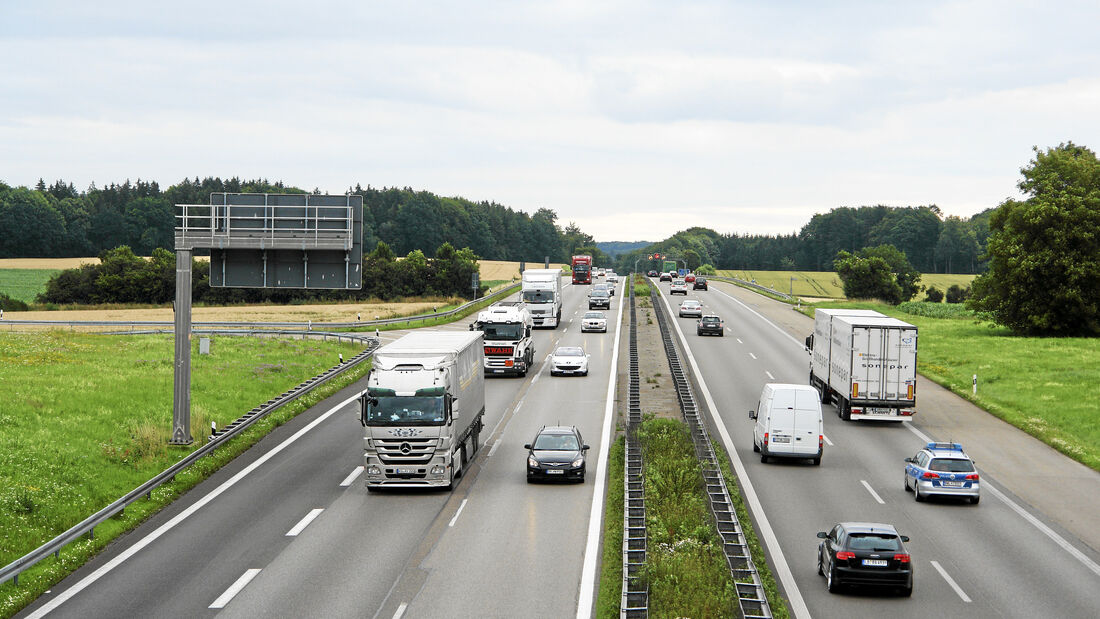The companies are already highly motivated to reduce their CO2-emissions for economic reasons, the participants of German Transport Forum's panel discussion "Zero-Emissions Logistics – How Can it Be Achieved" at the trade fair transport logistic in Munich agreed.
Politics must ensure basic conditions
In general, politics must provide appropriate conditions. If you want the shift of freight transport to the rails, you must be able to withstand protests against the noise, Jörg Mosolf, DVF-Presidium Member and head of automobile logistics company Mosolf SE & Co. KG, said. The dismantling of harbor- and rail freight transport areas in favor of lucrative residential construction doesn't help.
He hereby criticized the Act for the Expansion of Renewable Energies (EEG). The Hamburg Harbor and Logistics AG (HHLA) for example is counting consistently on electrification, Chief Executive Angela Titzrath said. But the EEG-appointment creates severe disadvantages for hinterland transport when compared to the competition. Rather, incentives are needed here, and the same goes for sea freight handling.
Stephan Kühn, transport policy spokesman of the Green Party in the German Bundestag, also campaigned for politics that set incentives. Transport policy focus has been on passenger transport for too long, he criticized, low-carbon commercial vehicles have been drawing the far-too-short straw. It's, for example, problematic that funding for low-carbon mobility exists only for production vehicles but not for small converters.
Air transport will also have the most trouble forgoing fossil fuels because of innovation cycles of ten to twenty years, Alexis von Hoensbroech, Sales Director at Lufthansa Cargo, explained. Yet with fuel costs of 500 billion euros per year, there exists a strong self-interest to economize. The goal of increasing fuel efficiency by 1.5 percent per year has been set.
On the other hand, Katharina Tomoff of Deutsche Post DHL saw no problem in reaching a 50 percent decrease of CO2-emissions per tonne-kilometer by as early as 2025. 70 percent of deliveries shall by then be fulfilled with clean solutions like electric vehicles, bikes or on foot, to reduce local emissions. "By then, revenue shall be made from green solutions by more than 50 percent," she said.
Developing traffic avoidance concepts
"Our basic task is traffic avoidance concepts," Kurt Leidinger, Head of Schenker Germany, emphasized. Schenker, for example, has been driving with double-decker vehicles for years. "They ensure greater effect than plugging billions into new concepts that become effective in 10 to 15 years." In regards to city logistics, politics must once again set a limit. "Restrictions are surely justified in this matter."







